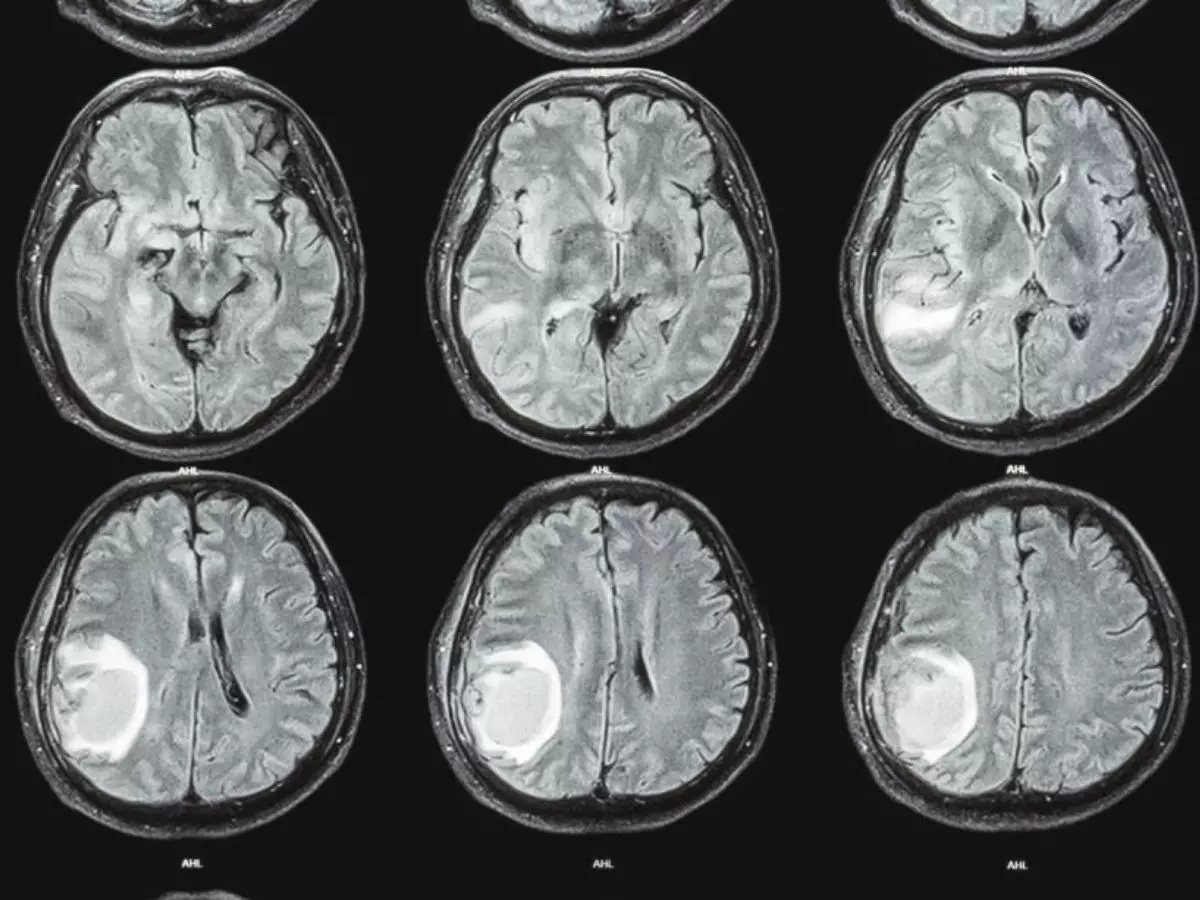Israeli Scientists Find Huge Breakthrough In Curing Deadly Brain Cancer
Researchers from Israels Tel Aviv University TAU have announced a groundbreaking discovery in understanding and treating one of the most lethal brain cancers Glioblastoma. Only 40 per cent GliOBlastoma patients survive after a year after diagnosis and a staggering 5 per cent after five years.

Researchers from Israel¡¯s Tel Aviv University (TAU) have announced a groundbreaking discovery in understanding and treating one of the most lethal brain cancers, Glioblastoma.
The deadly brain cancer
¡°Glioblastoma is the deadliest type of cancer in the central nervous system, accounting for most malignant brain tumors,¡± said Prof. Ronit Satchi-Fainaro, Director of the Cancer Biology Research Center and the Head of the Cancer Research at Tel Aviv University, in a statement.
 Getty Images
Getty Images
¡°It is aggressive, invasive, and fast-growing, making it resistant to existing treatments, with patients dying within a year of the cancer¡¯s onset. Moreover, Glioblastoma is defined as a ¡®cold tumor,¡¯ which means that it does not respond to immunotherapeutic attempts to activate the immune system against it.¡±
Even with surgery, radiotherapy and chemotherapy, only 40 per cent Glioblastoma patients survive after a year after diagnosis and a staggering 5 per cent after five years.
That groundbreaking discovery
Initially, the researchers discovered an unusual failure in the brain¡¯s immune system, which instead of controlling the spread of cancer cells, did quite the opposite--it actually amplified the cell division and spread of Glioblastoma cancer cells.
This was partially because of the secretion of a protein called P-Selectin (SELP) that normally helps cells travel inside the body.
 Reuters
Reuters
Now that the problem was identified, researchers were able to inhibit the secretion of the SELP protein in the next stage, thereby neutralizing the failure in the immune system, restoring its normal activity, and blocking the spread of this incurable aggressive cancer.
The Tel Aviv University Team collaborated with Tel Aviv Sourasky Medical Center, who supplied Glioblastoma tissue samples removed during surgery and also with neurosurgeons from Johns Hopkins University and the Lieber Institute in the US, who supplied healthy brain tissues from autopsies.
Possible treatment
The study has been published in the peer-reviewed Nature Communications journal.
 iStock
iStock
Satchi-Fainaro believes that the study may have lifesaving therapeutic implications and hopes that now that the treatment inhibiting SELP has been proven safe in humans, this should pave the way for relatively rapid approval of a clinical trial.
¡°Unfortunately, Glioblastoma patients need new treatments immediately. Our treatment may be the needed breakthrough in the battle against the most daunting cancer of all,¡± she adds.
